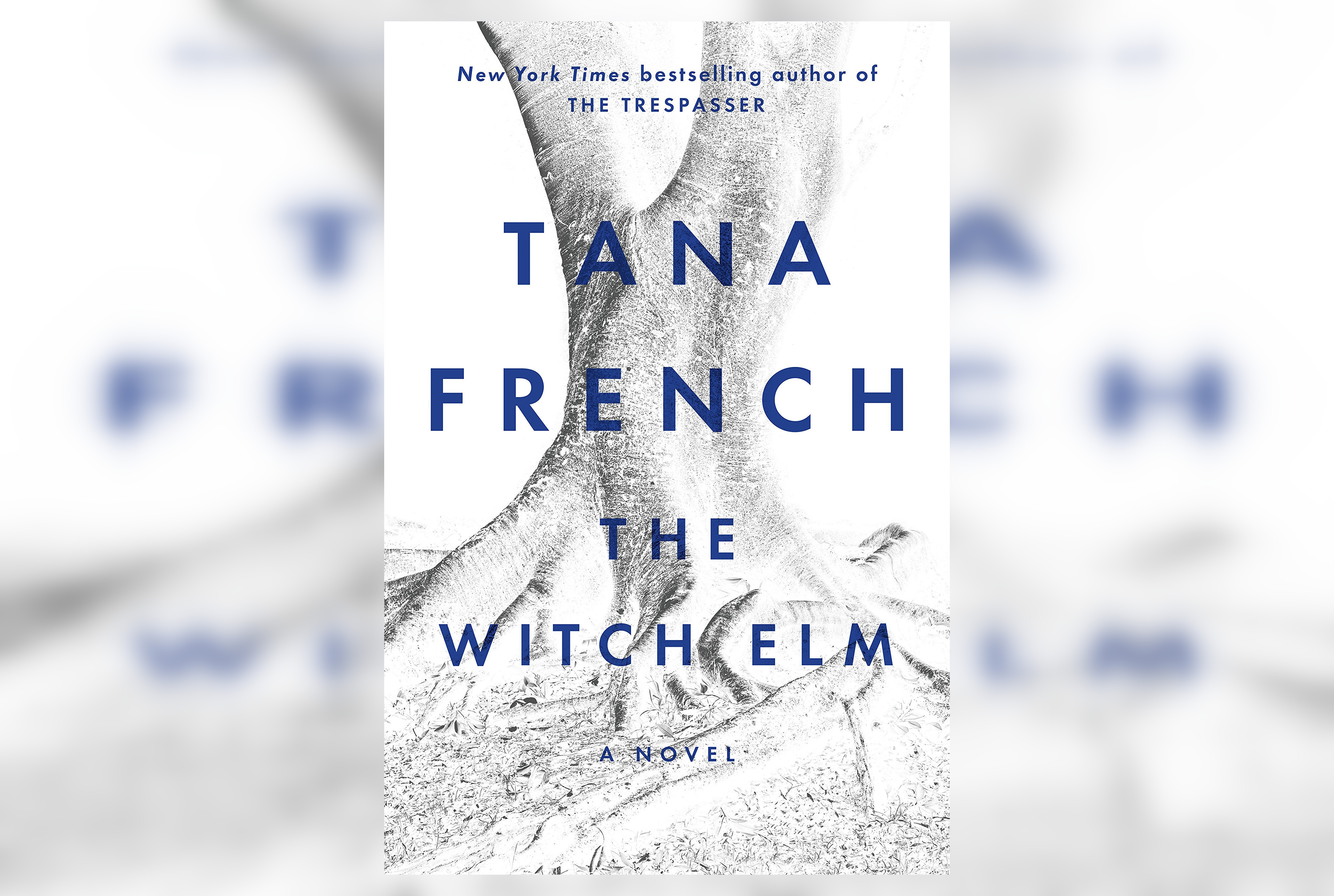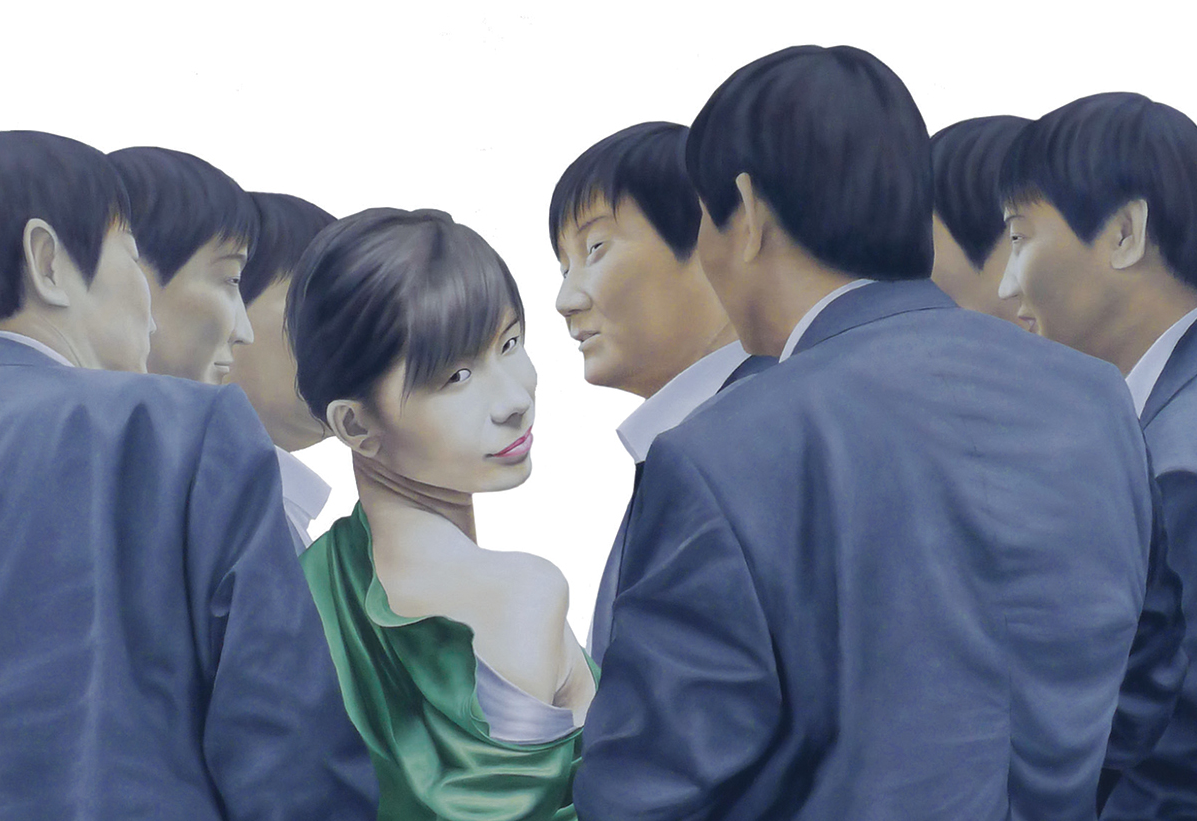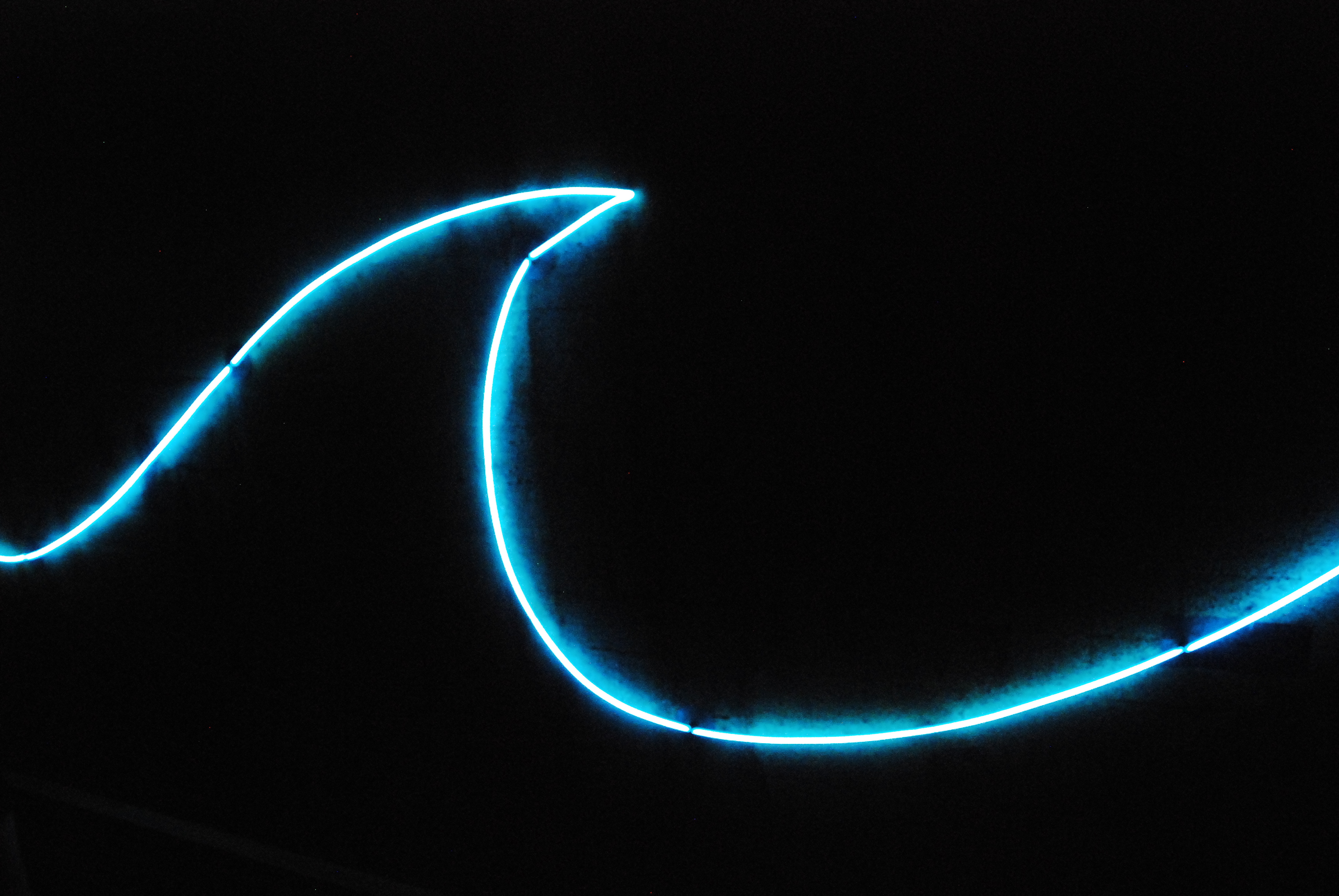Crime novels are often just entry points to examining culture and society. In a tense, concentrated form, mysteries give writers the perfect excuse to look beyond the illusions of an orderly reality and, by following a determined system, can gracefully and entertainingly peel back layers of deception to find real revelations about our lives and ourselves. Mystery novelist Tana French is no exception to this rule, but in The Witch Elm she has provided readers with something that feels quite new.
For old fans, the newness might be attached to her departure from the Dublin Mystery Squad series. The Witch Elm is her first stand-alone novel since her debut in 2007 and shifts focus from crime fighters to crime victim. But the more exciting novelty comes from French’s ability to provide an entertaining novel that fulfills all genre expectations and offers up serious musings about the role of identity in our society. The Witch Elm pushes the boundaries of crime fiction to something much more tantalizing: the thrill of the mystery comes not only from plot but from the moves French makes to tangle up expectations about narration.
French places us in the first person narration of Toby Hennessy, who is brutally attacked in his own home and left for dead by the end of the first chapter. Before the attack, Toby considered himself a pretty lucky guy (great girlfriend, great job, great apartment, the list is goes on), and even after the attack, doctors tell him he’s lucky to have survived with just a skull fracture and some brain injuries. But this is not luck as Toby knows it: how lucky can he be to have a brain that stutters and stops whenever it feels like it, to be mastered by something so completely out of his hands? Full of self-pity and frustration, Toby lets himself be convinced by his cousin Susanna to move in to their ancestral home with their uncle Hugo, who was recently diagnosed with a terminal brain tumor. This is where the real mystery begins: a human skull is discovered in the large witch elm in Hugo’s backyard, police are called, detectives are afoot, and soon the mystery finds itself entwined with Toby’s own personal history.
Of course, anyone who knows the mystery genre could guess that Toby was going to find himself caught up in the skull mystery, but the way in which French gets us there is so masterful that it’s something of a mystery in and of itself. By placing us in Toby’s first-person narration, French is quite literally messing with our heads: Toby’s brain has been addled by the attack, which means that our that our abilities to anticipate the direction of the plot are wholly anchored to his severely limited memories and perspective. Throughout the novel, Toby reaches for words and cannot find them, disassociates and returns and isn’t quite sure what he missed in the meantime. French handles these disassociations with literary finesse, dipping into impressionistic, stream-of-consciousness scenes that work to immerse the reader in Toby’s perspective before returning to a more traditional narrative style. These gaps in Toby’s POV give the reader a choppy, fragmented sense of what’s really going on, which builds a certain kind of suspense beyond the plot itself.
By destabilizing Toby’s narration through his injuries, French invites assumptions that the limitations of Toby’s perspective—including his not-infrequent self-pity parties about his condition—are linked completely to the attack in the beginning of the book. But as the novel progresses, it becomes more and more apparent that French has been laying the groundwork for the reader to begin questioning if, even without his injuries, Toby would be a reliable narrator. There are massive fractures between Toby’s memories and the memories of his cousins, which French uses to offer up some sly analysis about the role of identity in our experience of the world. Although Toby was raised alongside his cousins, he, as a charming, straight, white man, has no ability to perceive the differences in their experiences as a gay man and a woman and how that might affect their memories of past events. His position of privilege is used as a source of tension throughout the novel, not just between him and the other characters, but between him and his ability to see an uninterrupted perspective of the events in and outside the novel. Toby’s dips into self-pity start to slowly seem more like self-entitled distractions from the real problems at hand. These deep disconnects do as much, if not more, than his brain injuries to undermine his authority as a narrator, but French’s talent really lies in the conjunction of these two narrative dilemmas. The interplay between the two limitations of Toby’s perspective provides another layer of intrigue and suspense: while Susanna says to Toby early on in the novel, “Not everyone gets to live in the same world as you,” we, as readers, are hopelessly limited to it, which gives us our own narrative mystery to untangle.
At a basic plot level, The Witch Elm is, in its very bones, an immersive, thrilling mystery novel. It is a sprawling 509 pages, none of which feel unnecessary. The book takes its time to build its world and its intricacies, with revelations that, even as the novel accelerates to reach its climax, never feel rushed or convenient. But the real charm and success of this novel comes from its ability to create a compelling mystery that is entwined with narrative structure, which gives rise to real questions about identity, the nature of self-perception, and the limitations of being in your own head. French paints the motifs of heads and brains on thick: our captivity in Toby’s scattershot narration is the result of him being cracked over the head, Uncle Hugo’s brain has rebelled in the form of a tumor which will eventually kill him, and, of course, a skull is what is initially found in the titular witch elm. The message is clear: your own head can be your greatest deceiver, especially if, as Susanna says to Toby, “Everything you feel bad about just falls straight out of your head.” Throughout the red herrings and delicate details, French always and cleverly keeps us close to her aptly chosen epigraph from Hamlet: Lord, we know what we are, but not what we may be.




